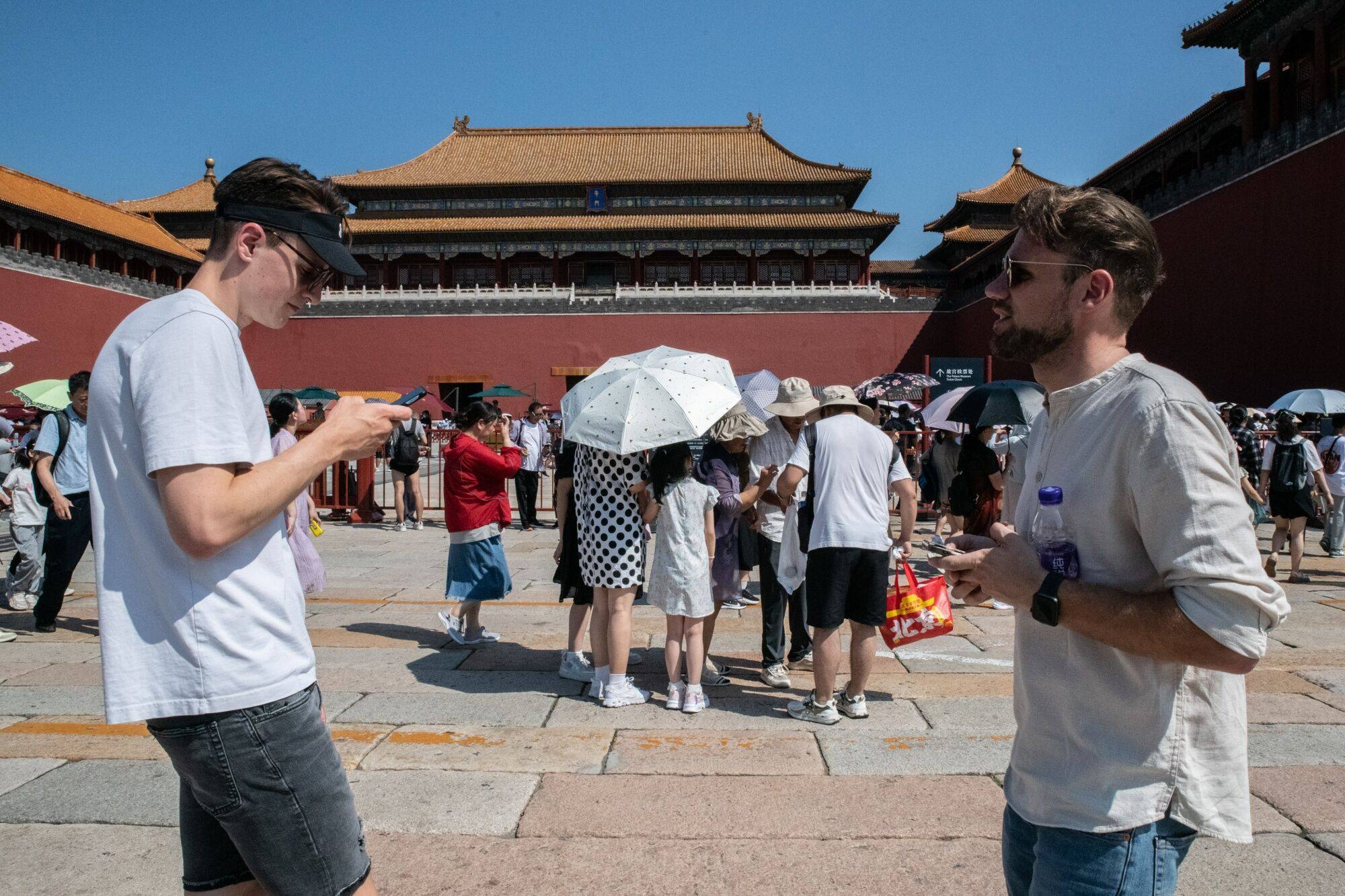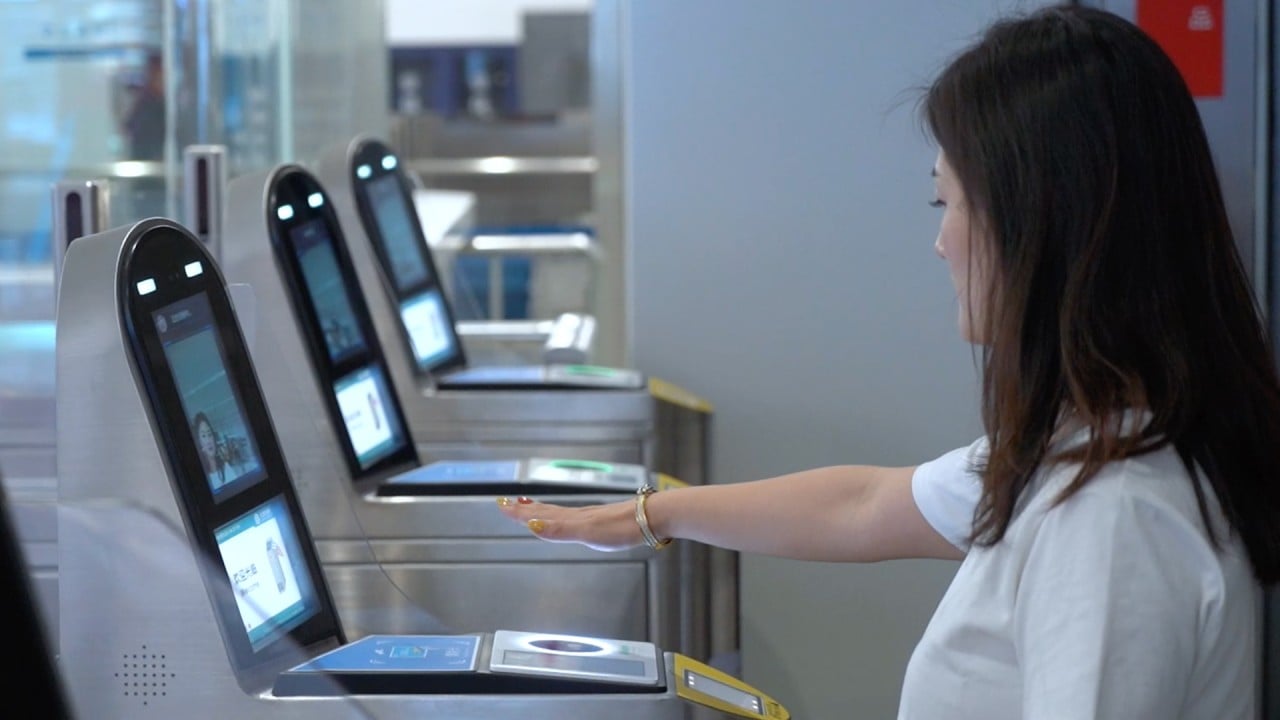
China welcomes foreigners. It just needs policies to make that clear
- China is expanding visa-free travel but more can be done to make public transport, lodging and tourist attractions more accessible to foreigners
- An English QR guide at ports of entry or one-stop payment cards can go a long way towards boosting inbound travel
On my recent trip to China under this visa-exemption policy, I found that it was, surprisingly, more challenging than in 2019 for foreigners to travel around the country independently, even for someone like me who speaks Chinese.
Access to some public places in China can be difficult without prior registration, or showing some kind of identification such as a passport or Chinese identity card. Tourist sites in Beijing, such as Tiananmen Square, require individual travellers to register a day before to enter.
Connecting to Wi-fi without a local phone number can prove difficult, too, while ordering and paying for meals at restaurants often requires a mobile payment account.
Such measures could help improve foreigners’ experience on China’s public transport, which offers good connectivity in major cities.

The kindness of strangers helped me with my mobility and accessibility challenges. But it can be tiring to constantly ask for help, and perhaps also for locals to be constantly stopped in the street. There should be a more efficient way to deal with these challenges. Perhaps a simple QR guide in English available at every port of entry could help travellers avoid undue frustration.
A lack of accommodation options can also be a barrier, especially outside major cities, where many hotels reportedly do not accept foreign guests. This has led some visitors to believe that they are not welcome in the less developed parts of China, when the reasons hotels don’t accept guests from overseas might be down to economic issues. To address this, Beijing could lower the barriers to hotels accepting foreign guests and offer more incentives to the hospitality industry.
Some say that making travel easier for foreigners is not a priority, but I wonder about that. Surely, if Beijing did not care about foreign tourists, it would not have expanded the visa-free exemptions – even though some European countries have not reciprocated.
Some foreign tourists might be put off visiting China due to the ongoing geopolitical tensions. So, to maximise its new visa-free policies, Beijing must do more to bridge the technical gaps between China and the rest of the world through its tourism policies.
Chee Yik-wai is a Malaysia-based intercultural specialist and the co-founder of social enterprise Crowdsukan



